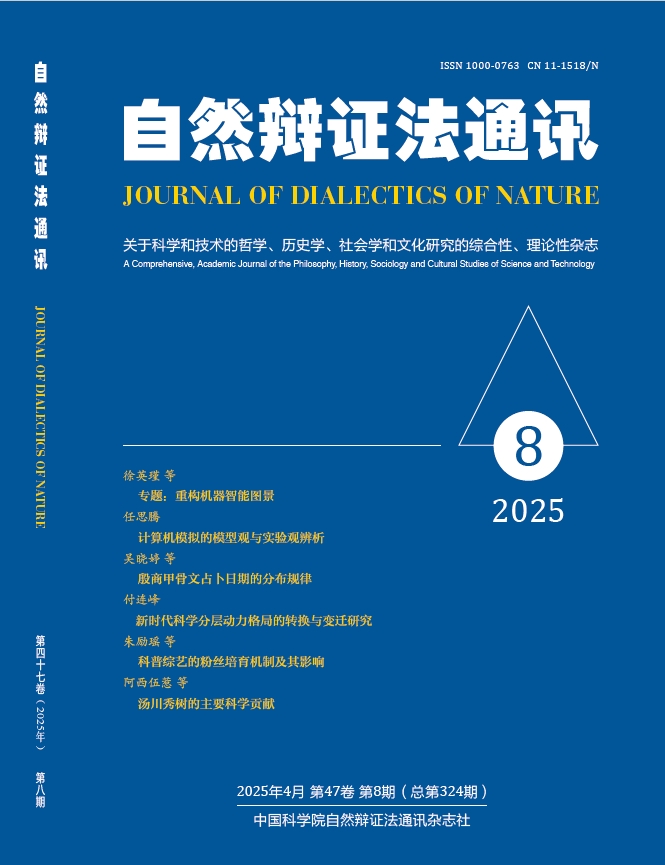

Published Online: 2025.7.10
DOI: 10.15994/j.1000-0763.2025.08.001 CSTR: 32281.14.jdn.2025.08.001
Abstract: From the Japanese philosopher Miki Kiyoshi’s point of view, the empiricist notion of “experience”is too thin to accommodate temporal extension, reference to external objects, as well as the interplay between experience-owing agents and their environments. Once properly modified, the foregoing Miki’s criticism can be easily applied to the still-fashionable approach of Large Language Models (LLM) in AI. Paralleled with the empiricist philosophy, the LLM-builders construct the digital counterpart of the Humean notion of “impressions”, namely, “tokens” by treating the text as tokens. Moreover, similar to the Humean route-map of reconstructing “ideas” from the accumulations of “impressions”, LLM-builders also intend to reconstruct the semantic features of tokens via a proper statistical treatment of them, namely, a treatment routinely under the label of “word embedding”. Nonetheless, since such reductionism-oriented route-map has deliberately bypassed nearly all middle/high-level architecture required for a full-fledged notion of “cognition”, such rout-map could hardly account for why human’s cognitive machine can deliver creative decisions and be competent in counter-factual reasoning even when the size of the training data is much smaller than that is required by an empiricist theory. And the LLM-builders’ incompetence of accounting for all of this in turn philosophically explains the origin of the socalled “machine hallucination”.
Key Words: Imagination; Empiricism; Large language models; Tokens; Word-Embedding
- Contact Us
- Address: No.19A Yuquan Road, Beijing, 100049, China
- Phone: +86-10-88256007
- Email:jdn@ucas.ac.cn




